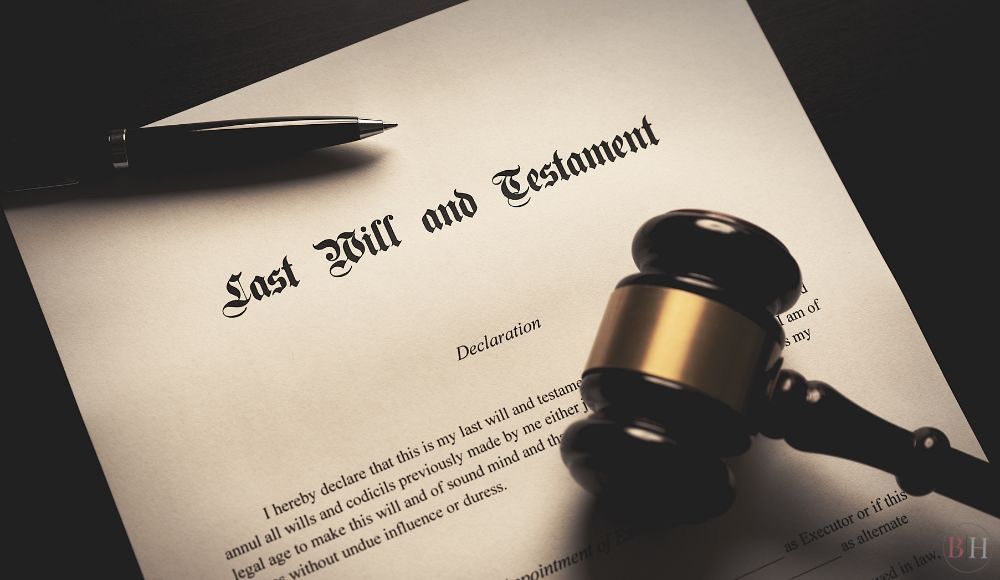Choosing the Right Executor for Your Will

As you begin the process of planning your estate, one thing you must consider is who you want as your executor. The person you select will carry out the duty of upholding your last wishes and managing your estate according to legal requirements. Choosing a trustworthy, organized, and capable person will reduce the burden on your loved ones and create a smooth transition.
Qualities to Look For
Many people choose their spouse, adult child, or a close friend as their executor because they trust them. Still, personal connection alone isn’t enough since you need someone with the ability to manage financial and legal tasks, communicate effectively with beneficiaries, and handle sometimes complex paperwork or emotional family dynamics.
The best executors have the following traits:
- Organized: They’ll need to track assets, pay bills, and file essential documents on time.
- Responsible: They must act in the best interests of the estate and beneficiaries.
- Level-headed: They should be capable of managing stress and making impartial decisions.
- Financially literate: While they don’t need to be accountants, a basic understanding of finances helps.
If your estate is particularly complex or likely to give rise to disputes, consider naming a professional executor, such as an estate planning attorney or accountant.
Duties of an Executor
As mentioned, the position of executor requires substantial accountability. The executor must request probate (if required) after the will takes effect to validate the will through legal procedures. The executor will search for all assets before using them to settle debts and taxes, and then distribute the remaining assets to the beneficiaries.
The key duties of an executor include:
- Securing and managing assets: These assets include property, investments, and personal belongings.
- Notifying government agencies and institutions: The administrator must notify relevant government agencies and open an estate bank account.
- Filing final tax returns: Executors are responsible for submitting the deceased’s final return and paying any taxes owed.
- Distributing the estate: According to the instructions in the will, which may include setting up trusts or managing ongoing financial responsibilities.
These duties can take months or even years to complete, depending on the complexity of the estate.
Legal Support and Guidance
Executors might be intimidated by the process, so having legal and financial professionals to guide them offers considerable relief. They can provide guidance on handling probate applications, asset valuations, or disputes among beneficiaries. The estate covers the cost of professional help, not the executor personally.
It’s an excellent idea to speak to a lawyer when writing your will to ensure your executor is clearly named and fully informed of their role. You should also consider naming an alternate executor in case your first choice is unable or unwilling to act when the time comes.
Choosing the right executor can bring peace of mind that someone will handle your affairs with care, accuracy, and integrity. Take the time to think through your options and have a conversation with your chosen executor to make sure they understand and accept the responsibility.
We Can Help You Set Up a Will or Trust
Eliminate undue stress and expenses for your family when you pass away or become incapacitated. Estate planning will make things easier for your family while ensuring your wishes are followed.
Don’t wait! Talk to one of the experienced estate planning attorneys at Bingaman Hess today at 610.374.8377 or contact us online.
This article is for informational purposes only and does not constitute legal advice. No one may rely on this information without consulting an attorney. Anyone who attempts to use this information without attorney consultation does so at their own risk. Bingaman Hess is not and shall never be responsible for anyone who uses this information. It is not legal advice.









